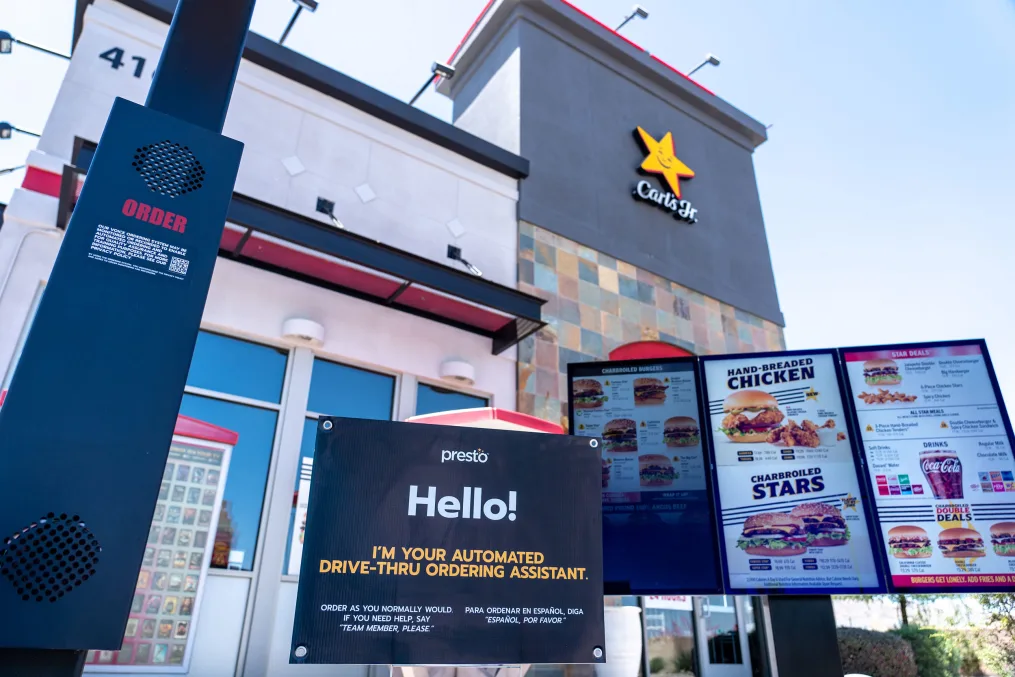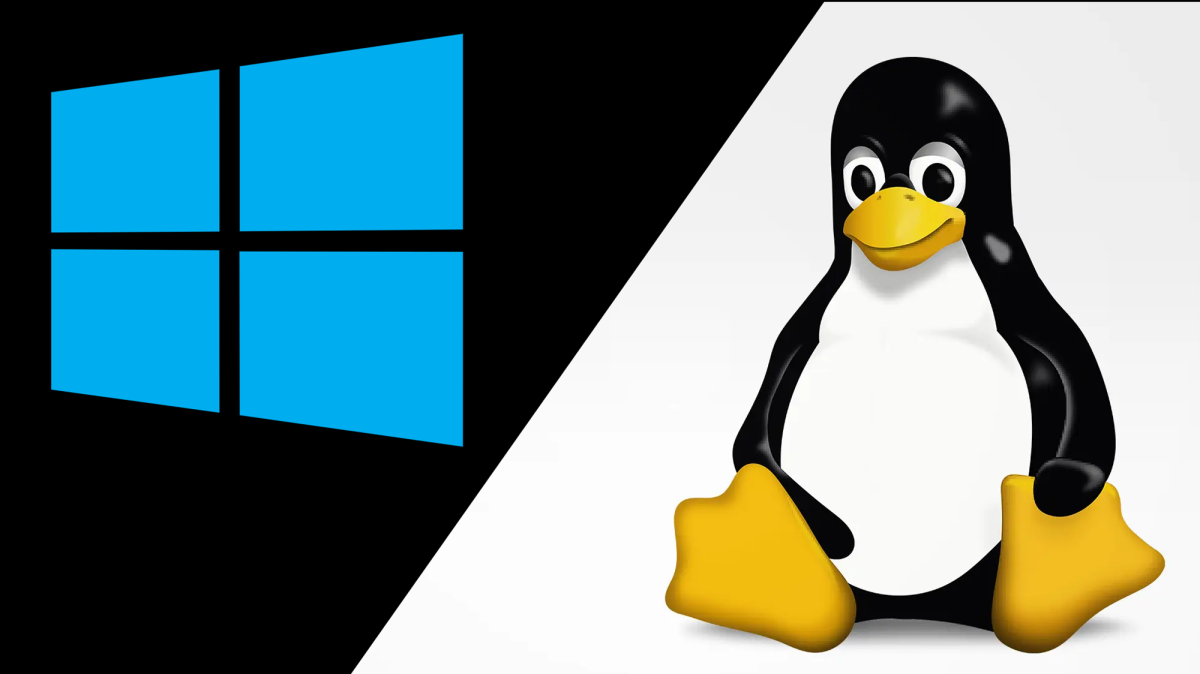Linux is an operating system (software that manages resources on a computer) with many distributions, or distros (different operating system versions). However, to change one’s operating system to Linux from other operating systems (like Windows or Mac OS), one will have to get used to the new user interface and go through the somewhat difficult process of installing Linux on one’s computer. So one might wonder, “Why download Linux?” Although the journey of using Linux may be difficult at first, the results will be very rewarding in the end.
One of the benefits of getting Linux on one’s computer is that the operating system, compared to Windows (and perhaps other operating systems), is more efficient and faster. Due to its efficiency, tasks are done more smoothly and faster than tasks done on Windows because of Linux’s less usage of RAM. These tasks may also include gaming, which may appeal to gamers who look for faster performance in gaming. Although Windows does have a bigger gaming library than Linux, meaning that some games playable on Windows aren’t on Linux. Along with the benefit of faster applications on Linux, computers with older hardware can run the operating system more smoothly than Windows because Linux uses fewer resources. Hence, people who have older computers or aren’t able to buy newer computers with powerful hardware will have a more satisfying experience using Linux than Windows. Overall, Linux’s efficiency makes the operating system a great pick for performance and older computers.
Additionally, unlike other operating systems, Linux has a wide variety of “flavors” to suit users’ needs. These “flavors” are also called distributions (or distros), and these distributions vary in their features, such as their graphical interface, performance, and additional resources for specific purposes. Depending on what a user wants, there are a huge number of distros to pick from. Some distributions are made to be user-friendly so new users feel comfortable (distros such as Ubuntu and Mint). Distributions like Arch Linux and Kali Linux are customized to suit programmers’ needs. For performance and being lightweight, other distributions like antiX and voidLinux are specially tailored for this reason. However, with a huge variety of distributions to pick from, one might feel overwhelmed. Even though there may be confusion on which one to pick, after some research and thinking about what they desire, they’ll be able to pick the distribution that fits them well. Thus, users’ preferences are satisfied by Linux’s wide range of distributions.
Furthermore, Linux is a safe operating system and generally more secure than Windows. Linux is open-source, allowing many people to edit the Linux system and make their own unique version of the operating system. As a result, more people are working on the Linux operating system, which causes security issues to be addressed and solved more quickly than Windows. Along with being open-source, fewer viruses and malicious software are made to target Linux, as Windows is currently more commonly used. This means that Linux users are safer from harmful programs because fewer viruses target the Linux operating system, and even when downloading viruses made for Windows, they’ll most likely be harmless and will not damage the system. Since Linux is open-source, “… [it’s] easier to integrate into machine learning strategies as [one] can install specific software packages and configure the system to [one’s] liking … By contrast, proprietary software locks [one] into a set of pre-established software packages and system configurations.” (OpenMetal 2024). This means that Linux is a better option than Windows (Windows is proprietary software) for programming AIs (machine learning is related to AI) because a user has more freedom to install software for making AIs in an open-source operating system. Therefore, Linux’s open-source nature and small user base make it a great secure operating system that also appeals to AI developers.
Ultimately, Linux is a great operating system replacement for Windows because of its customizability, performance, security, and security. Unlike what other operating systems have to offer, Linux has an amazing amount of features and pros that satisfy people’s needs more than what other operating systems may fulfill, ranging from gamers to programmers.



























